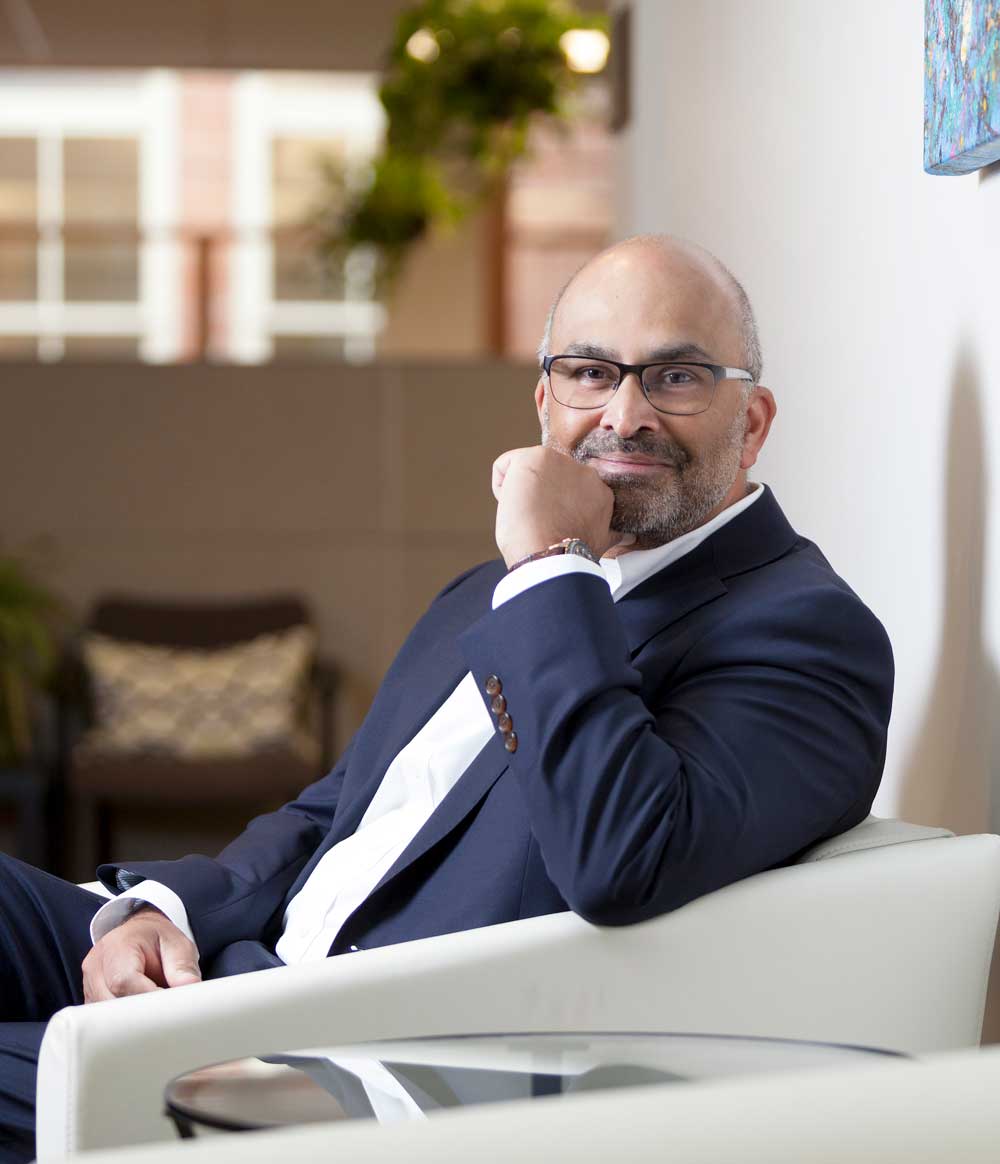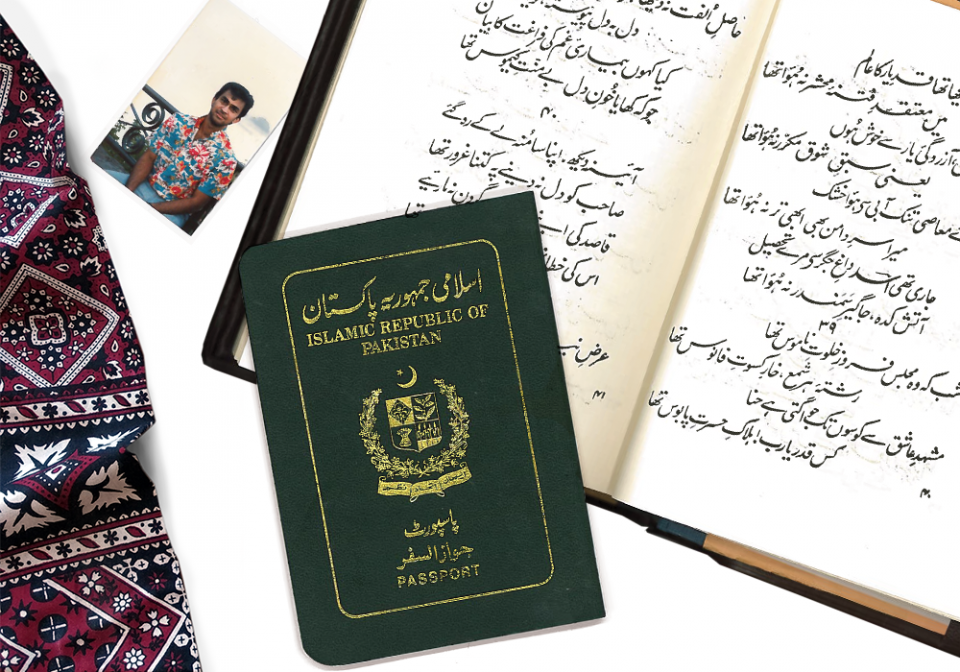The Kindness of Strangers

When Salman Mufti walked into the office of the Vice Principal of Riverdale Collegiate in Toronto, he thought his request was straightforward. “I want to come to school here,” said the 16-½ year old Pakistani citizen. Salman was visiting Toronto from Nigeria, where he was living with his father, a physics professor. “The school system in our area was not very strong,” Salman explains of his desire to investigate educational options in Canada.
The Vice Principal explained that Salman would need a student visa, which could only be obtained from outside the country. “He didn’t have to go the extra mile, but he did,” Salman recalls. “He connected me with a colleague at the school board who knew someone at the Canadian consulate in New York,” Salman recalls of his first interaction with Canadian officialdom.
There was a catch, though. He needed a U.S. visitor visa to travel to New York, and he’d had no success in getting one from the American consulate in Toronto.
“So I got on a bus and went to the U.S. embassy in Ottawa, where I got a visa,” Salman laughs. “This was in 1979, before email, so I took a chance that the embassy wouldn’t know that the consulate had already turned me down.”
Another bus ride, this time to New York City, also brought success. The consular officer he’d been referred to approved Salman’s student visa. The next step was admission to Riverdale and payment of $1,800 per year for a non-taxpayer dependent. His parents had agreed to let their eldest son stay with an uncle who lived in Toronto and would pay the fee. By taking summer and night-school courses, Salman was able to graduate from high school a year early. He also made a concerted effort to improve his English and erase his accent by taping and listening to himself reading The Globe and Mail. This practice helped him to detect mispronunciations and awkward phrasings. Within a year, friends and acquaintances often commented that his accent was much less noticeable than it had been. Today, there’s no trace of an accent and people are often surprised to learn that he wasn’t born in Canada.
Salman’s education continued at McMaster University, where he completed a Bachelor of Science degree in physics and computer science. To cover his tuition and residence fees, Salman picked up odd jobs on campus. “I shovelled stairs and am fairly certain I shampooed every carpet in the residences,” he laughs. Summers were spent painting houses for hire in Toronto.
Landing his first post-graduation job presented significant obstacles. His student visa was due to expire, and prospective employers wanting to hire Salman would have to attest that no Canadian could perform the job. It was a tough sell and the clock was ticking. Then, one month after his 1986 graduation, Salman’s father died. In addition to sadness at this loss, Salman felt increased pressure to land a job and help support his family back in Pakistan.

Photo: Salman at 21, checking out Niagara Falls. Book: A treasured possession from Pakistan: a book of poetry by Mirza Ghalib, “the Shakespeare of Urdu”, says Salman.
New work permit in hand, Salman landed a job the very next day. His career trajectory has been a steady progression of increasingly senior positions. He spent 12 years as a manager and consultant working with organizations in the private and public sectors. After completing his Queen’s MBA in 1997, he was invited by the Ottawa Executive MBA Director to teach a Commerce course. Salman has been at Smith School of Business ever since, as a professor of Management Information Systems and also in administrative roles: first, as Director of the EMBA and, later, the full-time MBA programs. He dropped his administrative duties, but continued to teach, as he pursued a PhD from McGill University, which he completed in 2010. He’s been in his current position as leader of Queen’s Executive Education since 2013.
This married father of two is grateful that Canada welcomed him so many years ago. “I’ve never felt any discrimination in this country, but that’s not always the case elsewhere, when I’m travelling internationally. In some places, I can feel the difference — it’s in the tone of voice, the level of courtesy, the added scrutiny. It’s never been a big deal for me, but those little things add up to an uncomfortable feeling.”
It’s a marked contrast from his first perceptions of Canada. “I got the sense from my earliest days here that Canadians genuinely want newcomers to succeed. When I became a Canadian citizen — which I did at the earliest opportunity — I felt proud to be joining the ranks of such welcoming people.”
